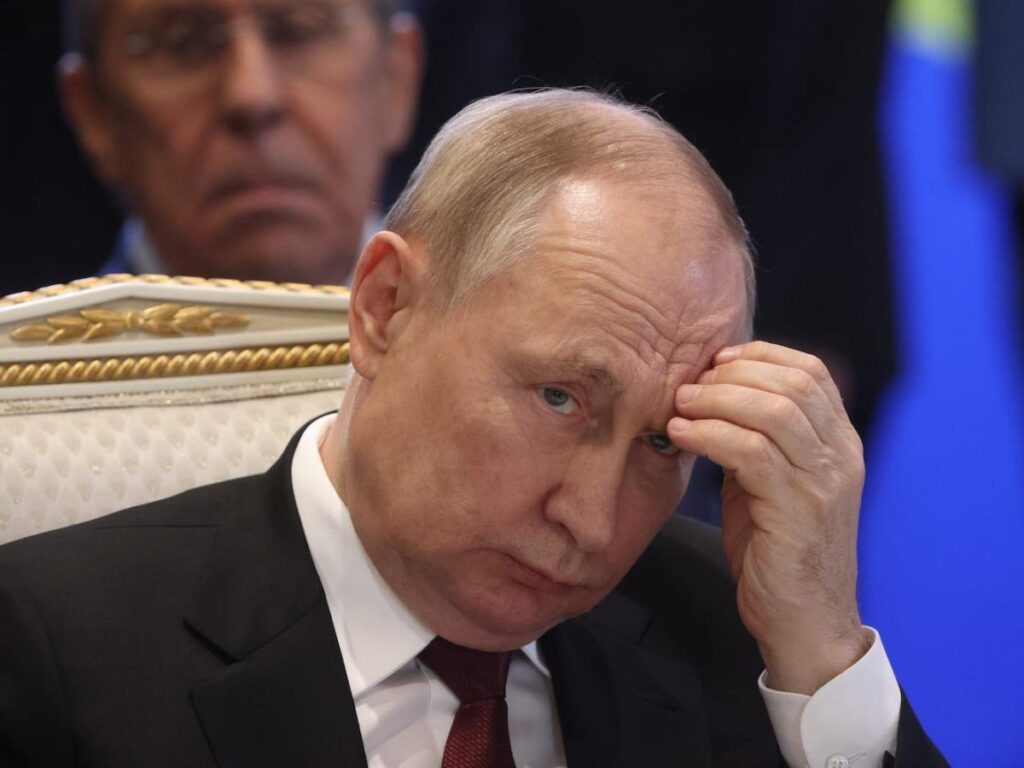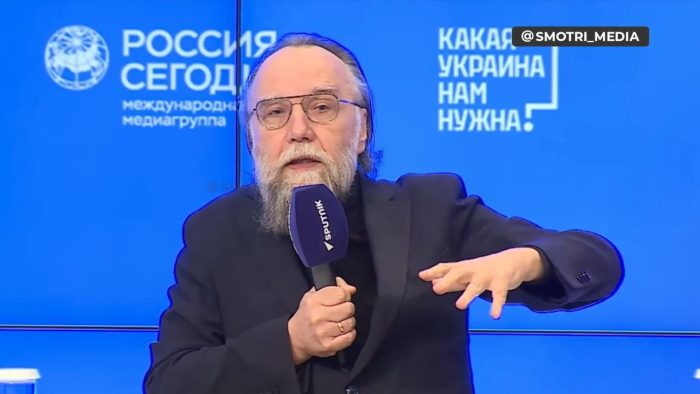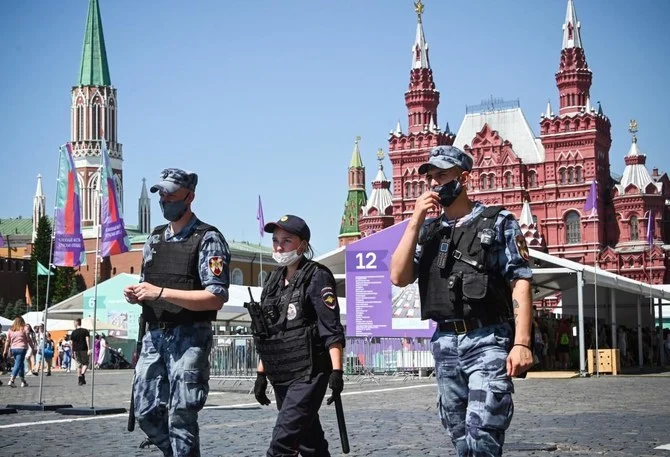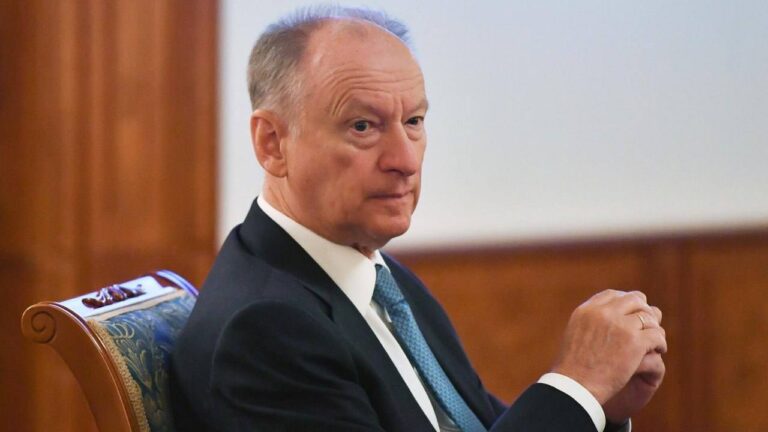The Kremlin leaders shape their policy based on conspiracy theories and disinformation
given by Russian intelligence. Any disinformation is mainly aimed at creating a ‘fake’
enemy in the face of the West. This very trick guarantees the Kremlin’s demand for
intelligence information and provides intelligence high-rank officials with the direct
access to the head of state.
This trend was introduced in 2006, when during the interview to the government daily
newspaper ‘Rossiyskaya Gazeta’ Boris Ratnikov, a retired Major-General of the Russia’s
Federal Security Service, claimed that his boss had used a photograph to penetrate ex-US
Secretary of State Madeleine Albright’s subconscious, where he had discovered thoughts
about the need to strip Russia of Siberia and the Far East. Then Ratnikov stated that according
to Albright’s thoughts, the war in Kosovo was supposed to be the first step towards establishing
control over Russia. 9 years later this narrative is repeated by the former Head of the Russian
Security Council Nikolai Patrushev, who seriously refers this information to reliable and uses it
as a reason to make conclusion about the West’s hostility and destructive plans towards Russia.
Another example of the dominance of the Kremlin conspiracy thinkers is the myth of the so-
called ‘Dulles Plan’ in Russia. This fictitious document, which describes the principles and
approaches of Russia’s collapse, has nothing in common with the founder of the CIA, Alain
Dulles. For the first time the text attributed to Dulles appeared in the Russian press in the early
1990s – it was a collection of fragments from the 1981 edition of the novel ‘Eternal Call’ by
Anatoly Ivanov. Obviously, the fictitious “Dulles Plan” was a fruit of KGB propaganda to
prevent democratic ideas and Western culture from spreading in the USSR.
However, this fake document, presented as a US doctrinal plan, was actively quoted and
discussed at the highest state level with the aim to demonstrate the West’s hostility towards
Russia. In 2020, Vladimir Chizhov the Russian representative to the EU, referred to this
“document” as if it was a real one. In the same year, at a meeting with students Natalya
Kochanova, Chairman of the Council of the Republic of the National Assembly of Belarus,
mentioned this ‘Dulles plan’ and demonstrated a propaganda film about the implementation of
this plan. Thus, disinformation is the key pillar the Russian foreign policy and national
public opinion is formed on.

Russian intelligence plays a leading role in disinformation formation. We have repeatedly
drawn attention to the activity of Sergei Naryshkin, the head of the Russian Foreign Intelligence
Service, in giving disinformation to the country’s leadership and his personal participation in
information operations. The West’s increased resistance to the activity of Russian
intelligence, the expulsion of diplomatically-covered intelligence officers and exposure of
Russian intelligence networks have significantly squeezed Moscow’s opportunities
abroad. It has increased the Kremlin’s demands for sensitive intelligence information, which
Russian intelligence began to invent in order to keep government funding and close
distance to the country’s leadership. The failures at the beginning of Russia’s military
invasion of Ukraine blew positions of Naryshkin who intended to take the post of Sergei Lavrov,
Russia’s Foreign Minister. The partial loss of influence in the Kremlin made him act more and
share public statements allegedly sounding the Kremlins’ ideas. In fact, it was disinformation.
Since the most powerful security leaders think by the Cold War confrontational paradigm
and view foreign policy through the lens of the artificially-created propaganda and
disinformation they infiltrate their ideas and beliefs in the Russian foreign policy.
Moscow’s frequent use of a distorted picture of the world leads the West to making
erroneous decisions and assessments – Europe does not understand that the reasons

More on this story: How dynamically the influence of Putin’s close circle changes
for Russia’s hostility to the West are existential and are artificially maintained in the
interests of controlling Russian society in conditions of constant external confrontation
and threats. Such conspiracy theories and ideas distract the population from internal problems
and protect the country’s leadership from risks that could arise because of discontent with
Russia’s domestic and economic policies.
In summary, Russia has been maintaining artificially-created conflict with the West in order to
increase state (corruption) orders to the security forces and keep them close to the Kremlin
leaders, which, it its turn, make the intelligence agencies more influential in the state.


More on this story: Ideological basis of Kremlin’s policy in confronting the West

More on this story: War crimes to reflect the essence of Russians

More on this story: Modern Russia. Basic Rule Ideology Schemes




